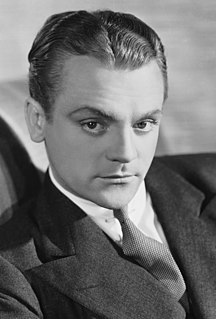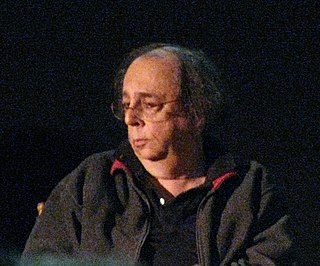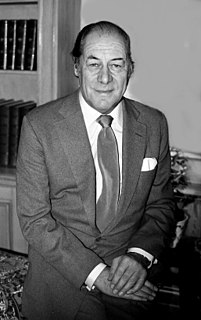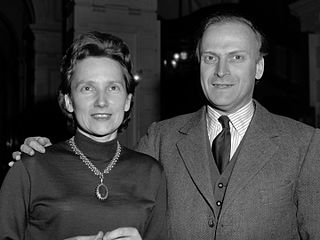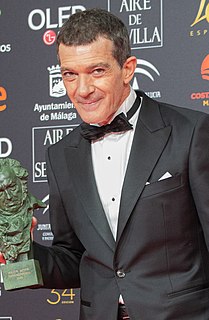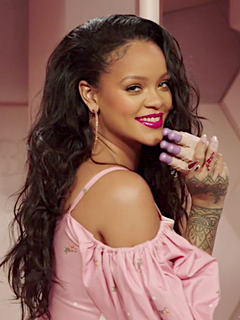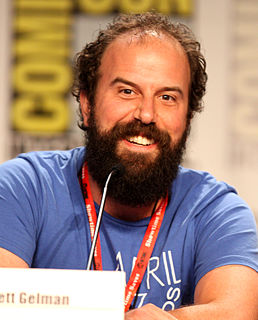A Quote by James Cagney
You don't psych yourself up for these things, you do them... I'm acting for the audience, not for myself, and I do it as directly as I can.
Related Quotes
Acting is bad acting if the actor himself gets emotional in the act of making the audience cry. The object is to make the audience cry, but not cry yourself. The emotion has to be inside the actor, not outside. If you stand there weeping and wailing, all your emotions will go down your shirt and nothing will go out to your audience. Audience control is really about the actor
I never like to play for myself, and that is why I don't own a grand piano. To play for yourself is like looking at yourself in a mirror. I like to practice; that is to work at a task. But to play there must be an audience. New things happen when you play for an audience. You don't know what will occur. You make discoveries with the music, and it is always the first time. It is an exchange, a communion.
When you do improv, you're everything. You're a performer, writer, and director, because you're moving the scene in the direction you want it to go, you're making it up as you go, and you're acting it. You're all of those things, so I always viewed myself that way. And with the films I've done, I've written on them, I've acted in some of them. And even ones I haven't acted in, I've acted them out just to be sure another actor can do them.
Theratre is not like like in film and TV, where you have to stop and go back and keep redoing the same three pages for two hours. You get to go through the whole 80 pages of the script, which is incredible. You get to keep acting on the feelings you had just moments before. You don't have to psych yourself up for the scene. You can just go off what you were already feeling.
